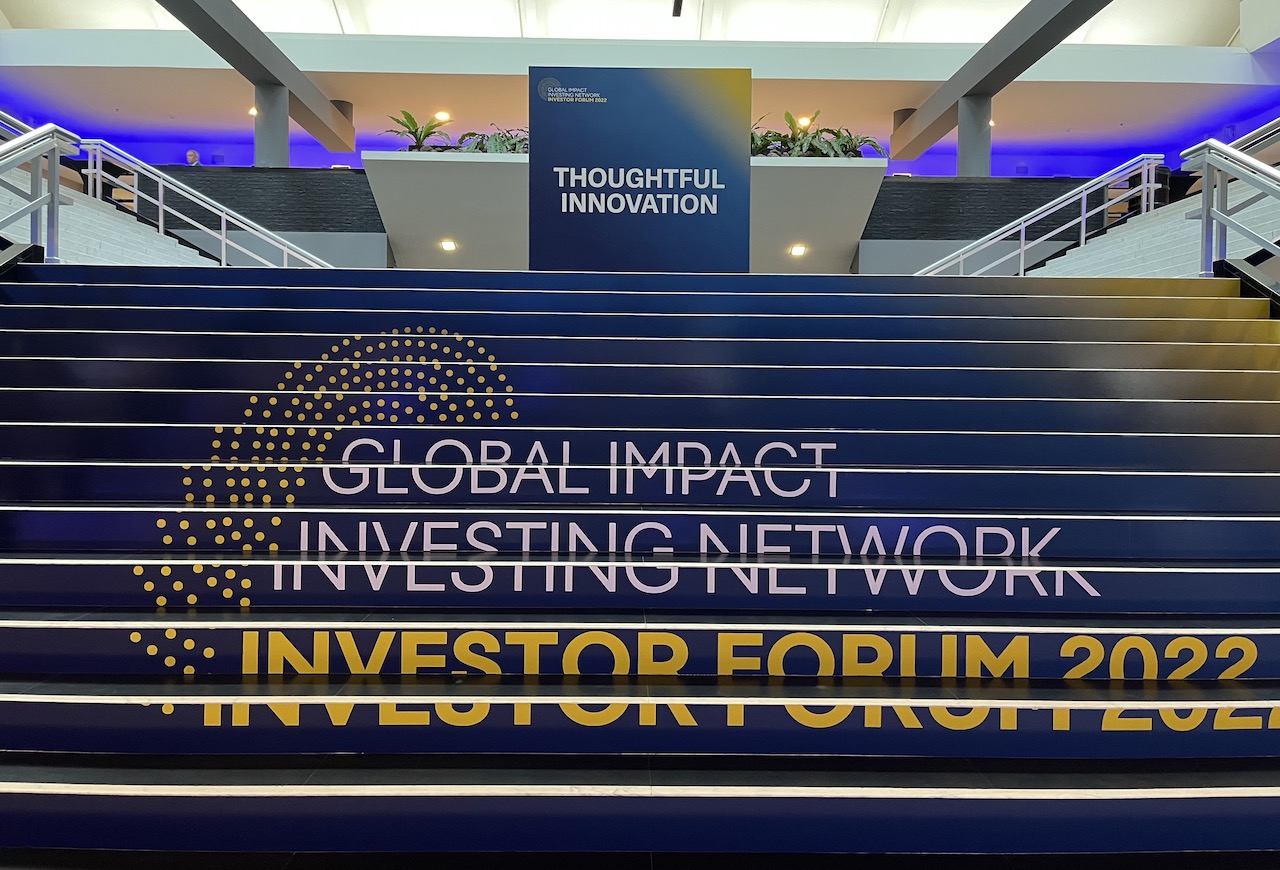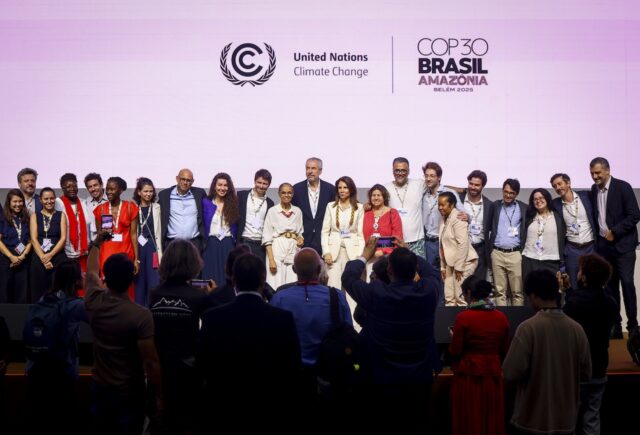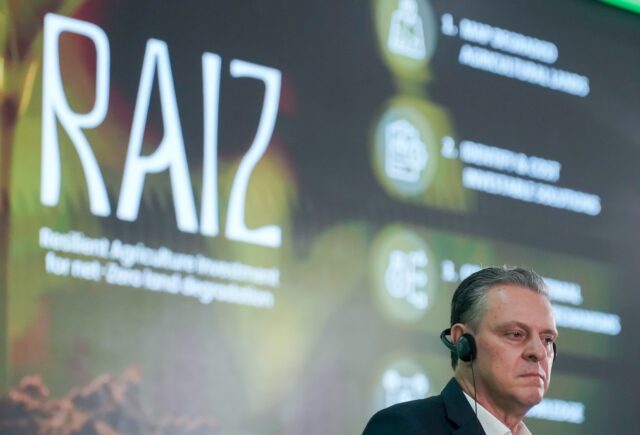The GIIN’s latest market sizing report estimates that global assets under management in impact investments now represent $1.164 trillion, a sign of the sector’s “undeniable momentum”

Global assets under management in impact investments now represent $1.164 trillion (€1.2 trn) , according to estimates by the Global Impact Investing Network (GIIN) announced today at the GIIN Investor Forum in The Hague.
The figure is included in the GIIN’s latest Sizing the Impact Investing Market report which also indicates there are 3,349 organisations managing impact investments across the globe.
According to the GIIN, the figures reflect the “increasingly comprehensive” measurement of impact investing practices, and the ongoing growth in the market.
During his keynote speech at the forum, GIIN co-founder and CEO Amit Bouri described the figures as a sign of the impact investing industry’s “undeniable momentum” but admitted more needs to be done.
“We now estimate the global impact investing market has grown to more than one trillion dollars. This represents a significant milestone for the industry as it matures and grows in sophistication,” said Bouri. “While the market growth to $1.164 trillion serves as a very positive sign for impact investing, it is also a call for further action.”
The report, produced with financial support from investment manager Nuveen, also highlights two major areas of development in the sector: green bonds and corporate impact investing practices.
In relation to the latter, the GIIN recently launched an initiative to promote corporate impact investing. Speaking to Impact Investor and other members of the press following the report launch, Bouri said there has been an evolution in the way corporates approach impact investing, from being a conversation only taking place at the corporate foundation or CSR department level, to moving to CFO level.
Bouri also reflected on some of the barriers preventing the sector to grow further. Recent controversies and integrity concerns surrounding ESG-labelled strategies, and political moves against ESG in the US, can “breed cynicism” and result in many losing confidence in the possibility of using investment to achieve “real world outcomes for people”, he said.
There is a “huge thirst around the world for investment opportunities that will actually help move the needle on addressing issues like climate change, around inequality and social inclusion, and beyond”, he said. But ensuring integrity and clarity about sustainable and impact investments will be key for getting more investors on board.
“I think the wider adoption of ESG is a really good thing for the world, as long as expectations are lined up with what actually is being delivered.”






